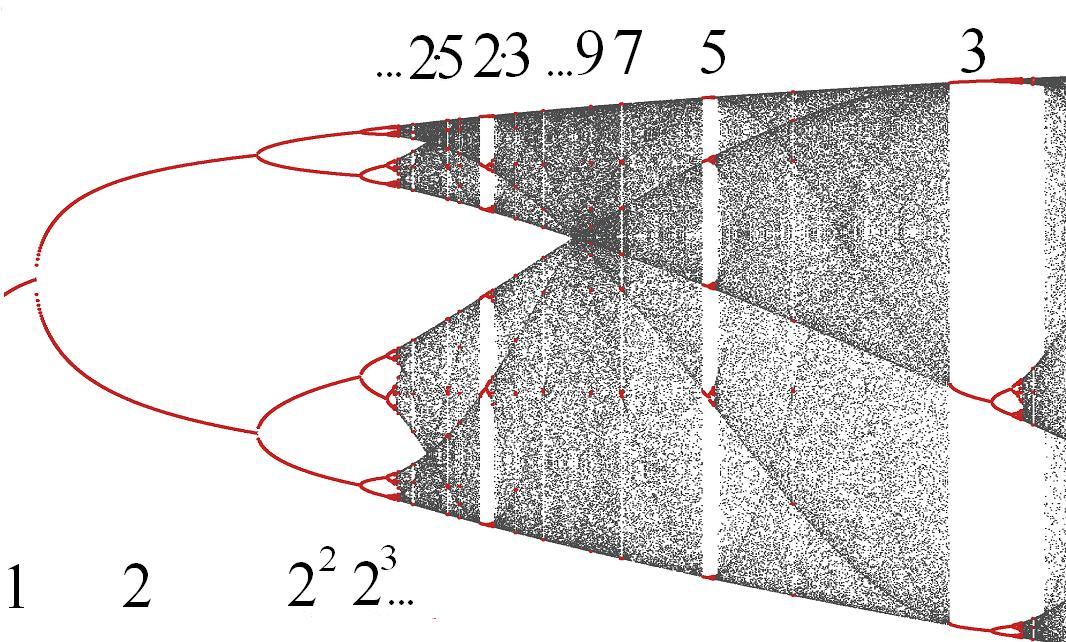
International conference
Dynamical Systems and Their Applications
Kyiv, Ukraine
22-26 June, 2015
| Home |
Dynamical systems theory, being one of the rapidly developing areas of modern mathematics, provides powerful theoretical base for exploring a variety of models that arise in natural and social sciences, engineering and technology. The combination of the internal wealth and beauty of results with the exceptional practical importance motivates a growing number of specialists to study into dynamical systems.
 Research carried out in Ukraine plays an important role in the
development of dynamical systems theory. Back in the late
XIX century,
A. M. Lyapunov laid the foundations of the modern
theory of stability. In the 30-40s of XX century, the
fundamental contribution to the theory of dynamical
systems with invariant measure and to statistical
mechanics was made by
N. N. Bogolyubov and ensuing investigations in
this direction have led in the second half of XX century
to the creation of stochastic dynamical system theory,
including methods for studying the asymptotic behavior of
multiparticle systems in random media. During the same
time, ukrainian mathematicians have also deployed
extensive research in the topological dynamics of one-
and low-dimensional dynamical systems, as well as in
infinite-dimensional dynamical systems generated by
continuous time difference equations and boundary value
problems of mathematical physics; the results obtained in
these areas has long been recognized in the world.
Research carried out in Ukraine plays an important role in the
development of dynamical systems theory. Back in the late
XIX century,
A. M. Lyapunov laid the foundations of the modern
theory of stability. In the 30-40s of XX century, the
fundamental contribution to the theory of dynamical
systems with invariant measure and to statistical
mechanics was made by
N. N. Bogolyubov and ensuing investigations in
this direction have led in the second half of XX century
to the creation of stochastic dynamical system theory,
including methods for studying the asymptotic behavior of
multiparticle systems in random media. During the same
time, ukrainian mathematicians have also deployed
extensive research in the topological dynamics of one-
and low-dimensional dynamical systems, as well as in
infinite-dimensional dynamical systems generated by
continuous time difference equations and boundary value
problems of mathematical physics; the results obtained in
these areas has long been recognized in the world.
Beginning with the 60s, the Institute of Mathematics
held conferences and schools on various fields of
mathematics, in particular, on dynamical systems. This
has had a profound effect on the development not only
of dynamical systems theory but also of the overall
nonlinear dynamics. Not so long, the Institute of
Mathematics decided to arrange International
Conference “Dynamical Systems and Their
Applications”
(ICDSA), aimed to promote transnational cooperation and
share good practice in the field of dynamical systems
theory. The first conference hosted in Kyiv in
2012. The second edition of ICDSA will be held again
in Kyiv, it will consider a wide range of issues of
the modern theory of dynamical systems, among which
are topological dynamics, ergodic theory, the theory
of attractors and chaos, combinatorial and symbolic
dynamics, the theory of fractals, bifurcation and
 stability theory, infinite-dimensional dynamical
systems, and various kinds of applications, especially
in mathematical physics. Emphasis is expected to be
paid to combinatorial dynamics, originating from the
widely known theorem on the coexistence of cycles,
published in “Ukrainian Mathematical Journal”
for 1964. In 1994 the International conference “Thirty
Years after Sharkovskii's Theorem: New Perspectives”
(Spain) was devoted to advances and new problems in
combinatorial dynamics, and in 2014 combinatorial
dynamics can celebrate its 50th anniversary.
stability theory, infinite-dimensional dynamical
systems, and various kinds of applications, especially
in mathematical physics. Emphasis is expected to be
paid to combinatorial dynamics, originating from the
widely known theorem on the coexistence of cycles,
published in “Ukrainian Mathematical Journal”
for 1964. In 1994 the International conference “Thirty
Years after Sharkovskii's Theorem: New Perspectives”
(Spain) was devoted to advances and new problems in
combinatorial dynamics, and in 2014 combinatorial
dynamics can celebrate its 50th anniversary.